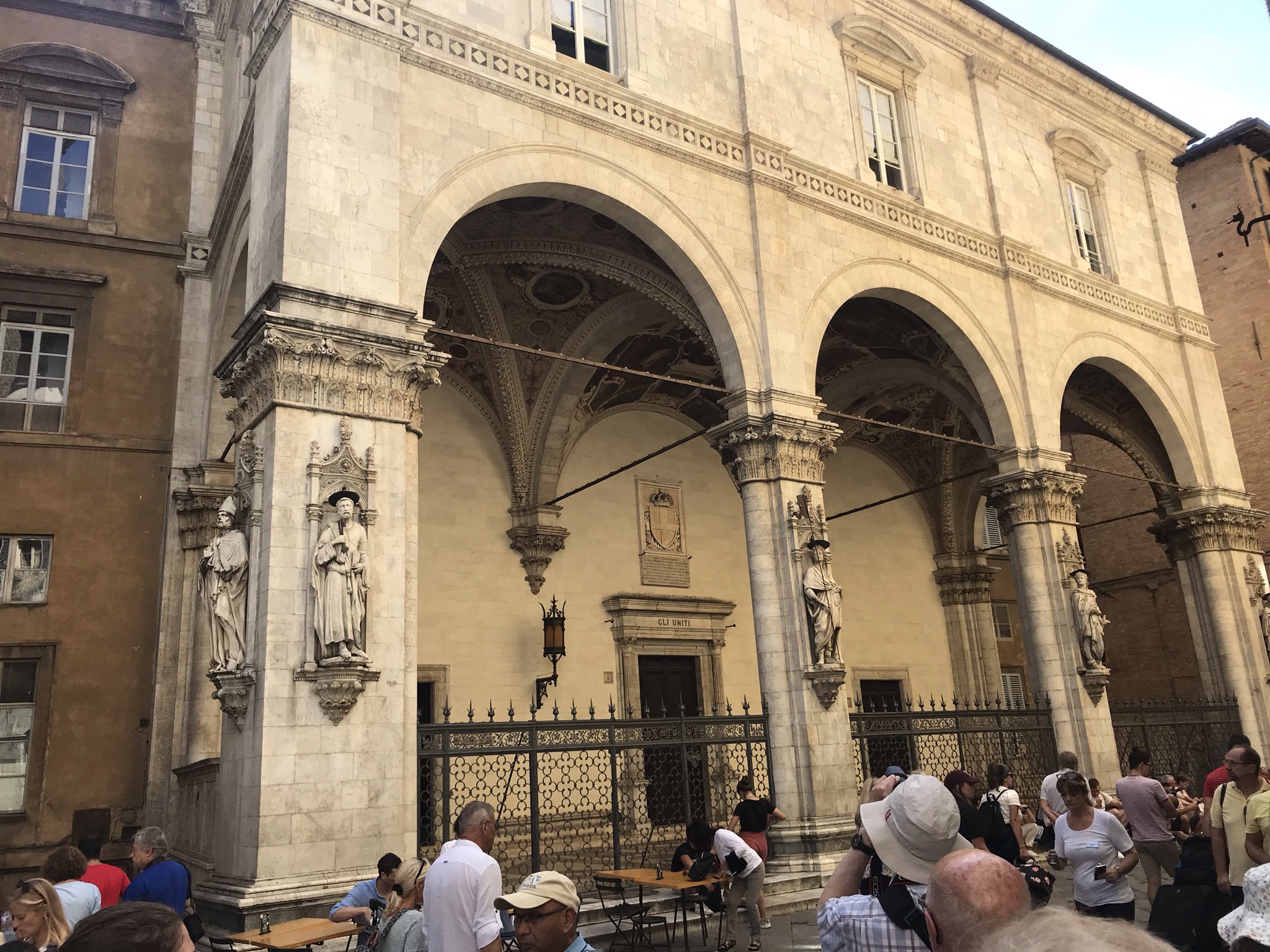The Challenges of Using Popular Event Management Platforms: Insights from Event Organizers
Planning and managing events can be a complex task, often requiring the use of specialized platforms like Eventbrite and Meetup to streamline the process. However, while these platforms offer a range of features designed to simplify event organization, they are not without their challenges. In speaking with event planners and organizers, several common pain points have emerged when using these popular tools.
One of the most frequently mentioned concerns is the cost associated with these platforms. The fees charged by Eventbrite and Meetup can add up quickly, especially for smaller events with limited budgets. Many organizers express frustration over these expenses, feeling that the pricing is not always justified by the services provided.
Another significant issue is the user experience (UX) offered by these platforms. Many organizers find the interfaces to be clunky and unintuitive, making event setup and management more cumbersome than necessary. Navigating through complex menus and functionalities can be time-consuming, detracting from the organizers’ ability to focus on more critical aspects of event planning.
In addition to these concerns, the compulsory branding imposed by these platforms is another sticking point. Event organizers often prefer to promote their unique brand identity, but the enforced branding elements of Eventbrite and Meetup can overshadow their efforts. This limitation can be particularly challenging for those looking to establish a distinct presence in their event marketing.
These common frustrations lead to important questions about what improvements could be made in the realm of event management tools. Organizers consistently express a desire for more customizable and intuitive features that would allow them to tailor the platform to better suit their specific needs. Enhanced control over branding elements, reduced fees, and a more streamlined user interface are just a few of the changes that many believe would significantly improve their experience.
Understanding the current gaps in these popular event management platforms is crucial for developers and innovators looking to make a mark in this space. By addressing these challenges, there is an opportunity to create more efficient and user-friendly tools that truly meet the needs of event organizers.
As the event planning industry continues to evolve, staying attuned to these insights will be key in shaping the future of event management technology.










One Comment
Great post! You’ve highlighted some significant pain points that many event organizers face when using popular platforms like Eventbrite and Meetup.
One additional factor that could be explored is the integration of social media and community engagement features. Many organizers rely heavily on social media to reach their target audience and promote events, yet these platforms don’t always provide seamless integration or analytics for social media performance. This disconnect can limit the organizer’s ability to effectively leverage their existing networks, ultimately impacting attendance and engagement.
Furthermore, considering that many events are now hybrid or virtual, there’s a growing need for event management tools to include robust features that cater to both in-person and online attendees. Features like live streaming, virtual ticketing, and interactive components (like Q&A sessions or polls) could greatly enhance the experience for all participants, regardless of how they choose to attend.
The demand for customization is indeed paramount. As event planners seek to establish their own branding, having the ability to fully personalize their event pages without excessive platform branding could create a more cohesive and professional look that attracts attendees.
It’s evident that there’s a rich opportunity for innovation in this space. Event management platforms that can adopt a user-centered design approach and incorporate feedback from organizers will likely lead the charge in creating more fulfilling experiences for both the planners and participants. Looking forward to seeing what advancements will emerge!